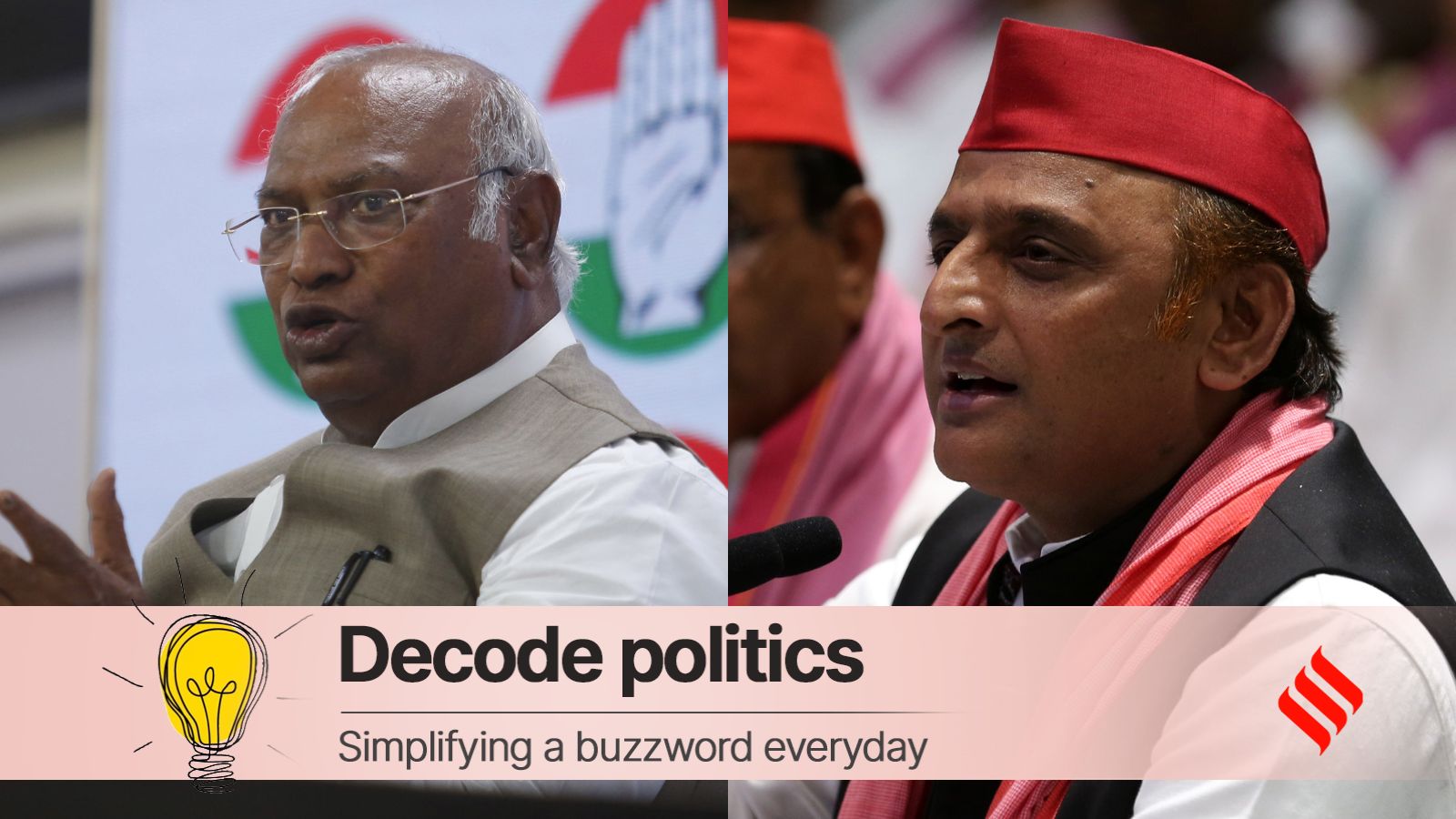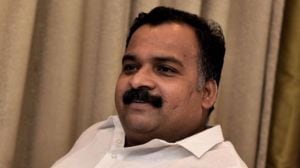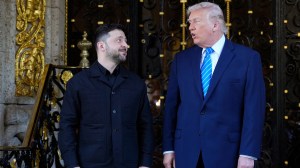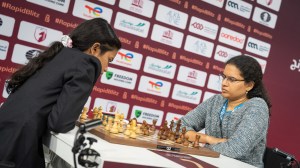Decode Politics: As Opposition seeks JPC on Adani-SEBI chief row, how effective are they?
Joint Parliamentary Committees have investigated the Harshad Mehta market manipulation scam, the Ketan Parekh stock market scam, and the 2G spectrum case
 Congress president Mallikarjun Kharge (L) and Samajwadi Party chief Akhilesh Yadav (R). Both parties have been demanding a JPC probe into the latest Hindenburg Research report. (Express file photos)
Congress president Mallikarjun Kharge (L) and Samajwadi Party chief Akhilesh Yadav (R). Both parties have been demanding a JPC probe into the latest Hindenburg Research report. (Express file photos)For the second time in as many years, a report by US-based short-seller Hindenburg Research has created a storm in India. The Opposition has demanded a Joint Parliamentary Committee (JPC) inquiry into allegations of conflict of interest against market regulator SEBI’s chairperson Madhabi Puri Buch. The BJP has pushed back against the JPC demand and alleged that the Hindenburg report was a “foreign” effort to “destabilise India”.
JPCs have been demanded regularly by the Opposition over the past decade on issues ranging from controversial Bills to alleged scams like the Rafale fighter jet deal.
What is a Joint Parliamentary Committee?
A JPC is set up to investigate cases of financial irregularities in any government activity. The JPC, which is an ad-hoc body, is set up for a given period of time and is aimed at addressing a specific issue.
To set up a JPC, a motion is passed in one House and supported by the other House. The committee’s members are decided by the government. The number of members can vary. There are twice as many Lok Sabha MPs as the Rajya Sabha members.
A JPC is authorised to collect evidence in oral or written form or demand documents in connection with the matter. The proceedings and findings of the committee are confidential, except in matters of public interest. The government can decide to withhold a document if it is considered prejudicial to the safety or interest of the State. The Speaker has the final word in case of a dispute over calling for evidence.
The committee can invite interested parties for inquiry and summon people to appear before it. In the usual course of proceedings, the committee does not summon ministers to give evidence. The committee is disbanded following the submission of its report.
What issues have past JPCs probed?
So far, JPCs have been set up seven times to probe various matters. The first JPC was set up in 1987 to examine the alleged kickbacks in the Bofors contract for Howitzer guns. The committee, headed by Congress leader B Shankaranand, held 50 sittings and submitted its report in 1988. The Opposition boycotted the committee, claiming it was packed with Congress MPs. After the JPC report was tabled in Parliament, the Opposition rejected it.
Since then, JPCs have probed the 1992 Harshad Mehta market manipulation scam, the 2001 Ketan Parekh stock market scam, pesticide residue found in beverages in 2003, the 2G spectrum case in 2011, and allegations of bribery in the Agusta Westland VVIP helicopters case in 2013. The most recent JPC was set up in 2015 to examine the Right to Fair Compensation and Transparency in Land Acquisition, Rehabilitation and Resettlement (Second Amendment) Bill.
Has a JPC been demanded before on Adani and Hindenburg?
The report by Hindenburg Research comes almost 18 months after the short-seller first kicked up a political storm, accusing the Adani Group of “brazen stock market manipulation” and “accounting fraud” in January 2023. The port-to-energy conglomerate had denied the allegations, and the Supreme Court had rejected the demand for a CBI or court-monitored probe.
During the 2023 Budget Session in limbo, Opposition MPs held posters and banners in and outside Parliament to highlight their demand for a JPC to probe allegations against the Adani Group. MPs from 17 Opposition parties, including the Congress, DMK, BRS, AAP and the Left, had participated in protests with placards that carried slogans linking Modi with Adani Group chief Gautam Adani.
The ruling BJP had then, too, rejected the Opposition’s demand for a JPC.
- 01
- 02
- 03
- 04
- 05































